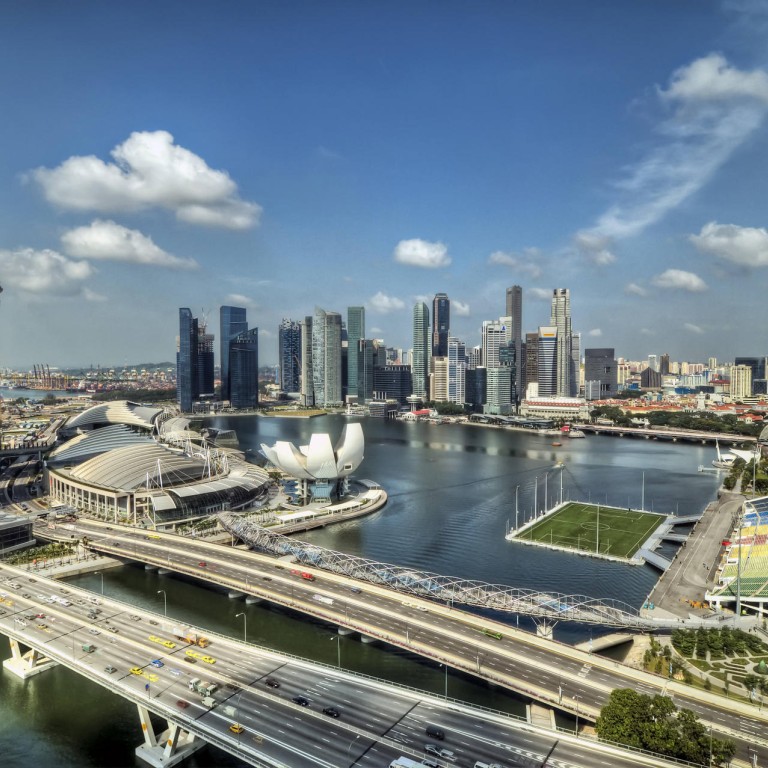
Book review: The Tommy Koh Reader, by Tommy Koh
Professor Tommy Koh Thong-bee's reputation is enough to make almost anyone feel comparatively inadequate.
by Tommy Koh
World Scientific Publishing
3.5 star
Professor Tommy Koh Thong-bee's reputation is enough to make almost anyone feel comparatively inadequate. Described in the foreword of his new self-anthology as "an engaged citizen, and a man of goodwill, modesty and warm generosity", Koh studied at two top universities: Harvard and Cambridge.
Now he is the chairman of Singapore's Centre for International Law and the country's ambassador-at-large - great job title. During his distinguished career, he has chaired two dispute panels for the World Trade Organisation and run many heavyweight cultural organisations, winning many honours. In 1998, he was awarded the Fok Ying Tung Southeast Asia Prize by the Fok Ying Tung Foundation in Hong Kong. In 2006, the UN Environment Programme named him Champion of the Earth. This year, he will receive Harvard's 2014 Great Negotiator Award. Nice timing.

"He came to know many different countries, cultures and peoples. I think the experience reinforced his basic instinct that below the surface, differences of skin pigmentation, language, religion and custom, we are all members of the human family. He was very Singaporean in his freedom from racial, religious and linguistic prejudices. I think I have inherited from my father my intolerance for any form of prejudice," Koh writes.
Koh also has an endearing streak of compassion. He argues that Singapore should consider introducing a minimum wage - a S$150 (HK$910) increase over three years - because it is the right thing to do and it should work.
Look no farther than the place where he was educated at primary level, Hong Kong, which introduced the minimum wage in May 2011. The Hong Kong experience has been positive, he says: there was no increase in unemployment and no decrease in foreign investment.
In fact, unemployment stayed low and there was no increase in the number of new businesses, according to Koh, who adds that the minimum wage raised the income of more than 140,000 low-wage workers - a winning argument.
Still, Koh's generosity can seem excessive. His compendium is awash with toasts to Singapore worthies. Heaven forbid he should say anything unflattering about Singapore's first prime minister, Lee Kuan Yew, who comes across as godlike. Koh praises his intellect, eloquence and acumen among other qualities, failing to mention the notoriously punitive record of the country he founded. Last year, Human Rights Watch said the Singapore government should revoke the old contempt offence that permits prison sentences for "scandalising the judiciary".
Still, Koh's writing radiates wisdom. Take his 10th insight into founding father Goh Keng Swee, headed "Never Stop Being Curious."
"Dr Goh's interests span an incredible spectrum. When I was serving at the UN in New York, I would receive requests from him for papers on such esoteric topics as falconry and Mormonism. Dr Goh had a childlike curiosity about the world and an unquenchable thirst for knowledge," Koh writes.
His optimistic, ethical take on diplomacy helps explain why Singapore easily outshines most of its Southeast Asian rivals. Even the United States could use some politicians of Koh's calibre, judging by his take on American discourse.
"The language of advertising has infected the style and content of American political discourse. Speeches by American politicians are often characterised by bombast, hyperbole and exaggerations," he writes. Well said.
